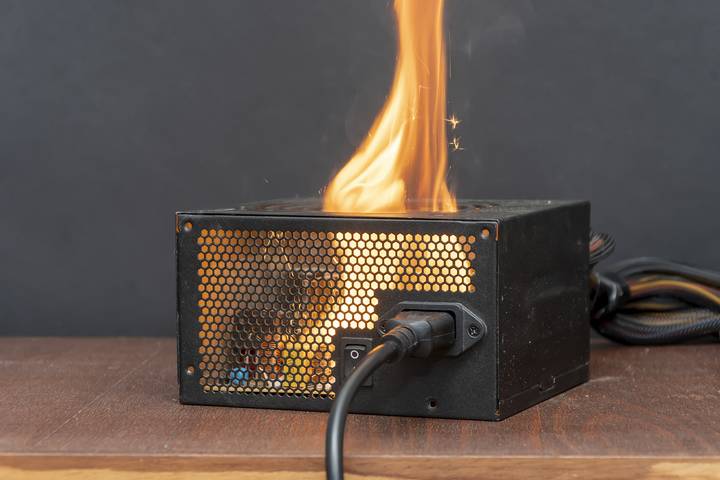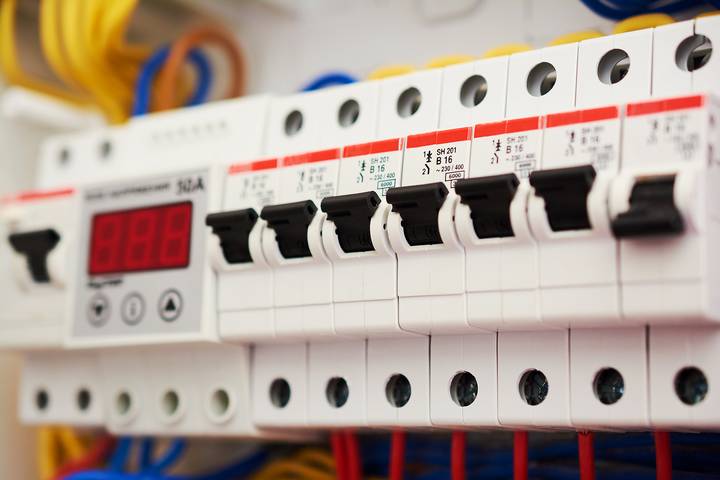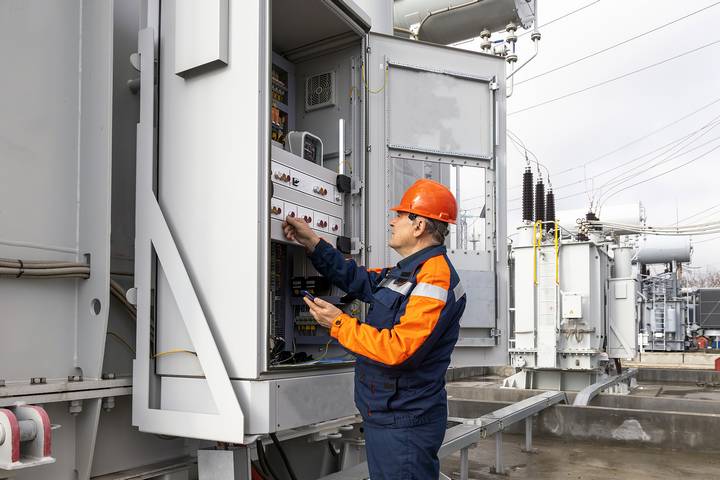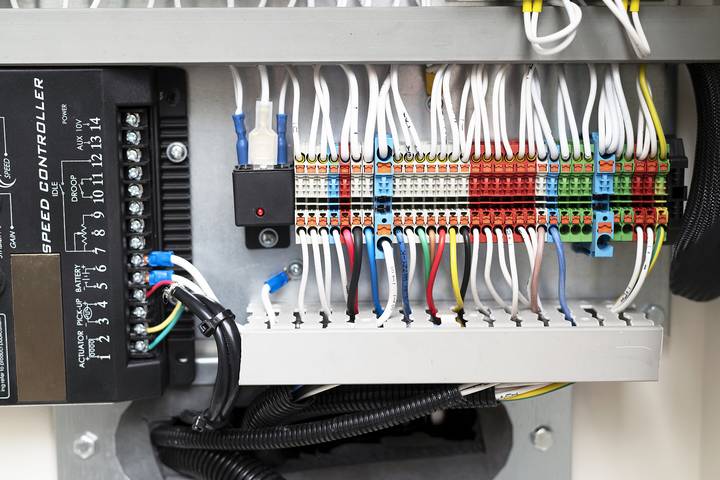The electrical systems in your house are complex, and, as with all complicated things, it is not unusual for things to go wrong. If you experience a partial power outage, it indicates that something in your wiring or electrical system has gone awry.
If it is a partial power outage, the lights and appliances work in one area of your home but not another. You can check a few places to see if the lights work or not. When it comes to the electrical systems in your home, though, you should never hesitate to call a professional. A home electrician will be able to safely diagnose the source of the issue causing the partial power outage safely and effectively and will know how to fix it.
Let’s learn what can cause a partial power outage in a house:
Cause #1: Tripped Circuit Breaker & Blown Fuse

Your home has a panel that contains circuit breakers or fuses, which are devices that protect the electrical system in your house by switching off the power supply when necessary. If the circuit breaker gets tripped or the fuse is blown, the power will not flow to whatever part of the house that circuit was powering.
There are a few common reasons why circuit breakers trip. A circuit will overheat when you put more electrical demand on a particular circuit than it can produce. Overheating can occur if you plug in an appliance that draws more power than the circuit is designed to handle. A short circuit is another reason for a circuit breaker tripping.
Short circuits happen when there is a fault in an electrical outlet or a loose connection in the wiring of an appliance. A short occurs when a live wire contacts a neutral one. These problems can be dangerous, and you should call for professional help if your circuit breakers keep tripping.
Cause #2: Faulty Appliance

An appliance may be causing issues in your electrical system. If the circuit breaker is receiving too much power or the power surges, it will trip for safety. If your appliances are older models, there may be a faulty wire or loose connection. They might have a frayed cord, have internal damage, or be missing parts.
Older appliances may draw too much energy to work properly, or in an older home, the electrical system may not be able to handle the energy requirements. If an appliance is causing your power outage issues, you will need to repair or replace it.
Cause #3: Ground Fault Circuit Interrupter

A ground fault circuit interrupter, or GFCI, is a safety device that is mandatory in any place in your house where water may come in contact with an outlet. Bathrooms, kitchens, and laundry rooms are where you will commonly find a GFCI. A GFCI is designed to trip under certain circumstances to prevent electrocution.
Quite often, the cause of a GFCI trip is a faulty appliance. Before calling an electrician for this issue, you can try a simple test. Unplug anything plugged into this outlet. Reset the GFCI by pressing the button in the centre of the outlet. Plug the appliances back in one at a time, and if any of them cause the outlet to trip, you will have narrowed down the cause of the issue.
Cause #4: Partial Power Outage from the Utility Company

Occasionally, an issue from the utility company can cause a partial power outage. You can call your local utility provider and ask them to check the connections at the meter and the utility pole. If the problem exists, they will fix it for you.
Cause #5: Old or Damaged Panel

The electric panel is a vital part of the electrical system in our home. Sometimes, the unit itself can cause electrical issues and may need to be replaced. If the panel in your house is more than 25 years old, it may have reached the end of its lifespan. Most will last between 25 and 40 years, but some circumstances can shorten the expected safe life of your panel.
Frequent power surges and general wear and tear can reduce the number of years a panel is safe. Circuit breakers that trip frequently can signal that your panel is malfunctioning or needs to be upgraded to match the power requirements of your home.
You can look for signs to determine if your panel is dangerous and needs replacement. This signals an unsafe panel if you touch your panel and feel warm or hot. A panel that has rusted or received damage from a direct impact should be replaced. Or, if your electrical panel is making strange sounds, such as buzzing or hissing, it is most certainly time to call in a professional.
